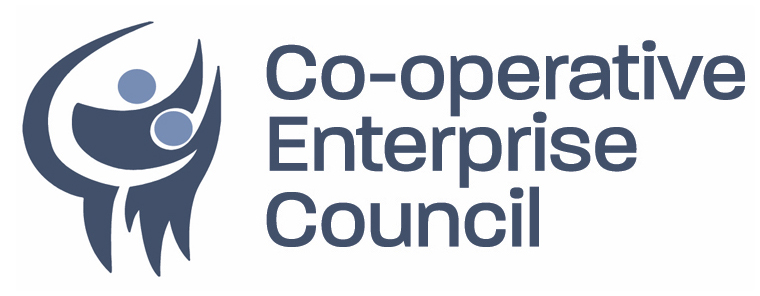Business Succession
Business stabilization and transition using co-operative and social enterprise models
Why do we need business succession planning in Atlantic Canada?
Over 500,000 owners of small and medium-sized enterprises (SMEs) will retire in the next few years and as few as 10% of small business owners have a formal succession plan or know how they will go about selling their business. Research shows that many will leave this complex issue unsettled until just before they are ready to retire. Unfortunately, most will not be successful and will simply close their doors. (See our blog, The Crisis Nobody is Talking About for more information).
It is estimated that up to 35% of the private sector workforce will be impacted and in Atlantic Canada the figures are even more startling. In New Brunswick, 97% of all our businesses are small, with fewer than 50 employees, yet they are responsible for nearly one in three private-sector jobs. The closure of even one business in a small rural community can be devastating and result in the loss of jobs vital to the local economy, as well as the loss of services/products essential to the community. As the boomer generation retires, it is critical that we develop innovative ways to maintain these businesses and the jobs they create.
The Atlantic Business Succession project
In response to these concerns, a group of key stakeholders from across the Atlantic region began working together to explore and develop strategies for using the tried-and-proven method of transitioning small businesses to co-operatives and social enterprises.
In 2020, CECNB partnered with the Canadian Community Economic Development Network, Leading Edge Consultants Co-operative, and Coopérative de Développement Régional-Acadie, on a proposal to the Atlantic Canada Opportunities Agency (ACOA) to conduct research into the potential for using co-operatives and social enterprise to address the business succession crisis. We were also grateful to receive additional funding and support from The Co-operators.
The specific objectives of this project are to:
1) Compile and curate Needs Assessments already completed by communities and stakeholders that identify the most pressing economic challenges and needs across Atlantic provinces in order to create a regional picture of opportunities for business succession using co-operative and social enterprise business models.
2) Identify opportunities for small business transition using co-op or social enterprise models
3) Design two action research and learning opportunities:
a) An online program of learning targeted at small business owners and “intermediaries” (i.e. accountants, lawyers, financial advisors, economic development officers, municipalities, CBDCs, lenders) specifically designed to increase their knowledge of co-operatives and social enterprise as a means of transitioning businesses to new ownership.
b) Custom coaching for three rural communities focused on how co-operatives and social enterprise business models could address their specific circumstances and opportunities for long-term economic sustainability.
4) Build a repository of tools, resources, and learning opportunities for small business owners, intermediaries, and rural communities in Atlantic Canada to stabilize or transition small businesses to collective ownership.
Over the past several months, CECNB and its partners have collected and analyzed needs assessments from a wide range of municipalities, industry associations, and other economic development organizations and identified a wide range of opportunities for using co-operatives and social enterprise to stabilize or transition small businesses. We have gathered resources from across North America where this model has been used and began adapting them to local needs. Plans are being made for an online learning program and a series of webinars to take place in the spring and early summer of 2021.
Just Us Coffee Roasters Co-operative
In addition to the ACOA project, CECNB has been working closely with Just Us Coffee Roasters Co-operative to target businesses in the food and hospitality industry for transition to the worker co-op model. A comprehensive package of training and supports to help make this transition is currently being prepared.












